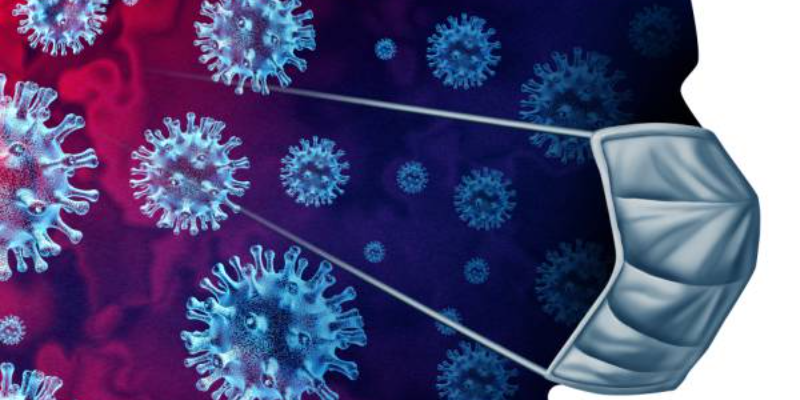- +91 9428399374
- info@mybesttrip.in

Coronavirus disease (COVID-19) is an infectious disease caused by a new virus. The disease causes respiratory illness (like the flu) with symptoms such as a cough, fever, and in more severe cases, difficulty breathing. You can protect yourself by washing your hands frequently, avoiding touching your face, and avoiding close contact (1 meter or 3 feet) with people who are unwell.
Symptoms
People may be sick with the virus for 1 to 14 days before developing symptoms. The most common symptoms of coronavirus disease (COVID-19) are fever, tiredness, and dry cough. Most people (about 80%) recover from the disease without needing special treatment.
More rarely, the disease can be serious and even fatal. Older people, and people with other medical conditions (such as asthma, diabetes, or heart disease), may be more vulnerable to becoming severely ill.
People may experience:
Prevention
There’s currently no vaccine to prevent coronavirus disease (COVID-19). You can protect yourself and help prevent spreading the virus to others if you:
Do
Treatment
There is no specific medicine to prevent or treat coronavirus disease (COVID-19). People may need supportive care to help them breathe.
Self-care : If you have mild symptoms, stay at home until you’ve recovered. You can relieve your symptoms if you:
Medical treatments
If you develop a fever, cough, and have difficulty breathing, promptly seek medical care. Call in advance and tell your health provider of any recent travel or recent contact with travelers.
Statistic Data